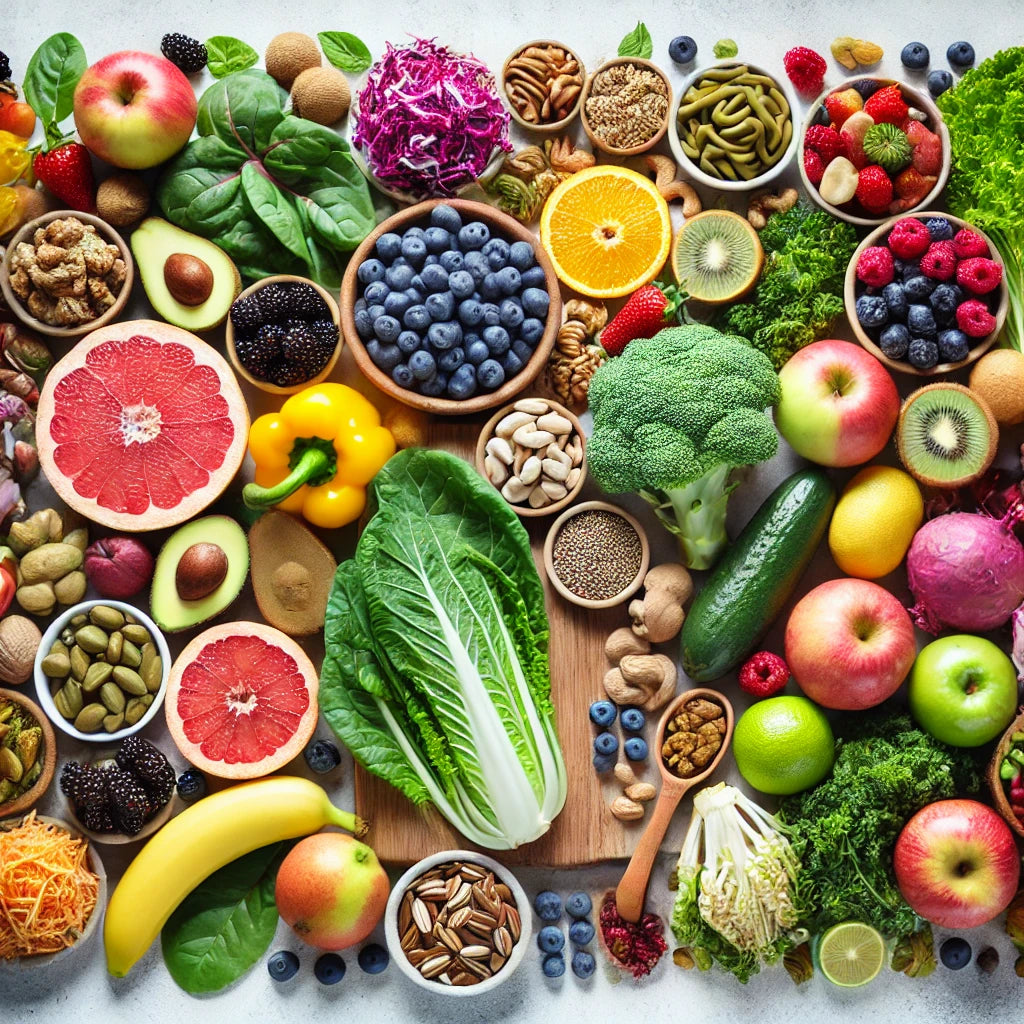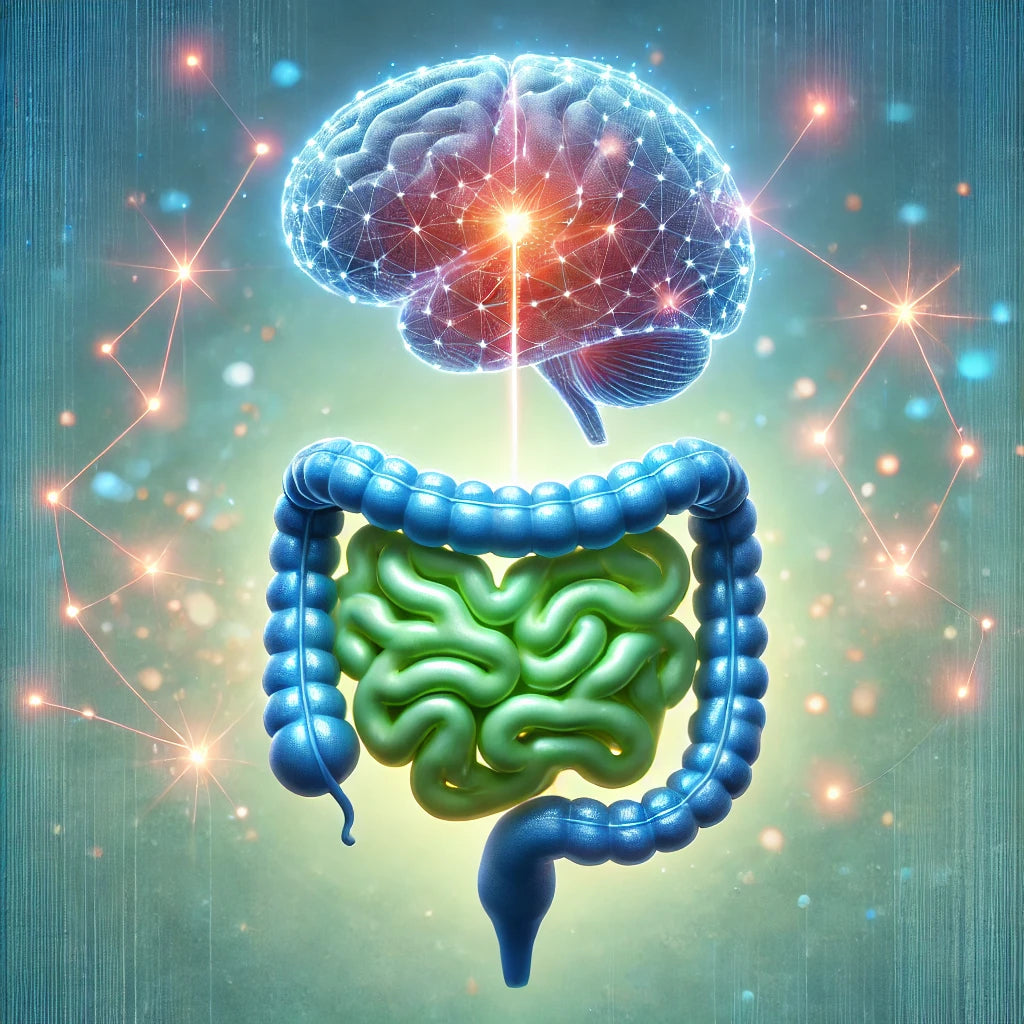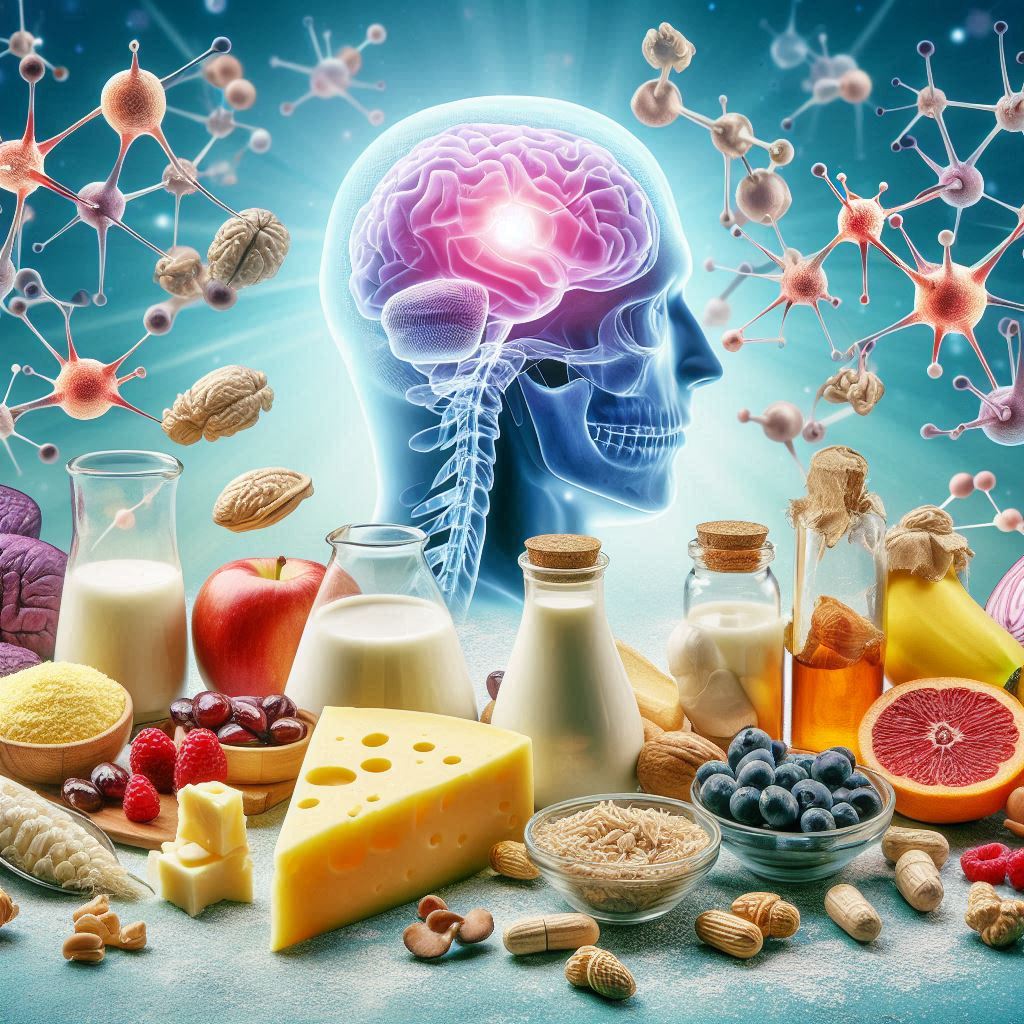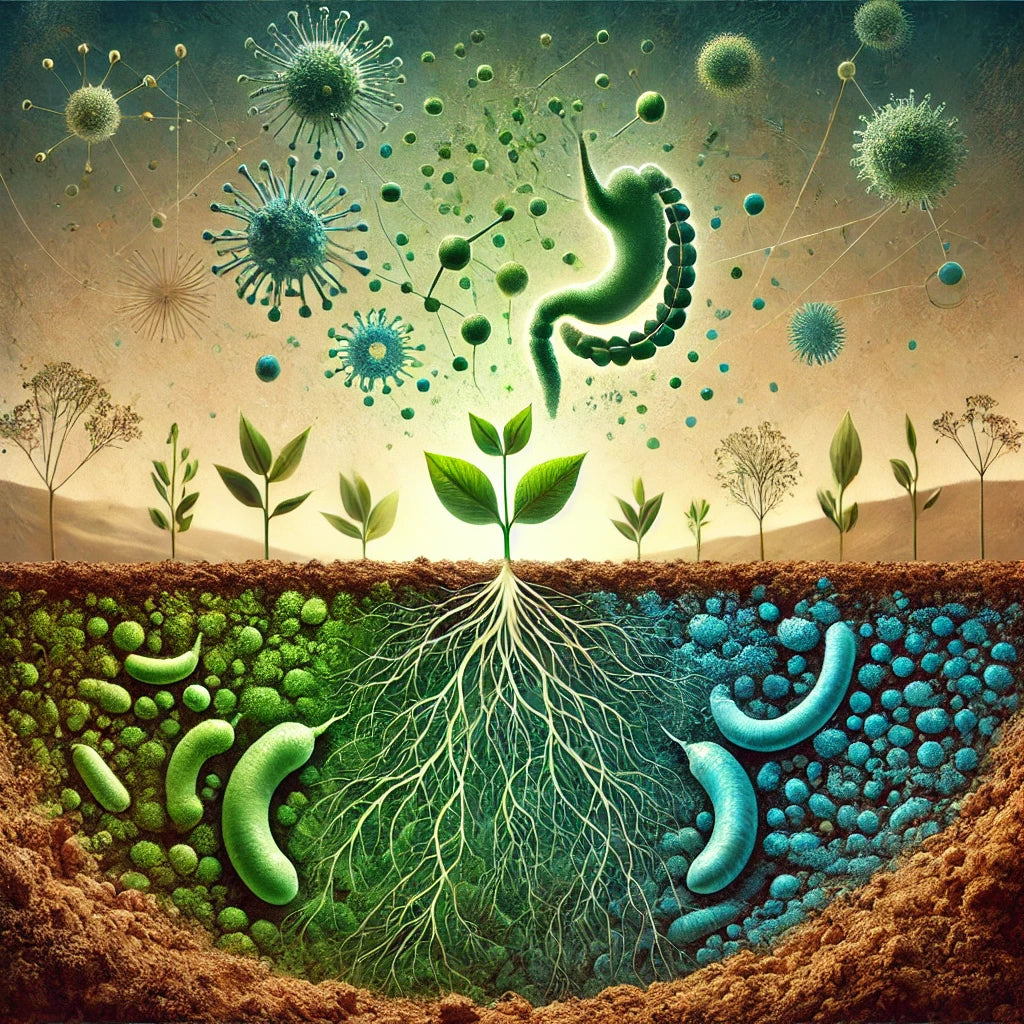News — gut microbiome
Spice Up Your Gut Health: The Benefits of Oregano
digestive health gut flora gut health gut microbiome healthy spices immune health natural remedies oregano antioxidants oregano benefits oregano for digestion oregano health benefits oregano nutrition oregano oil probiotics spice for gut health
Oregano, a versatile herb known for its aromatic flavor and culinary uses, has earned its place as a natural powerhouse for gut health. This humble spice, packed with bioactive compounds and nutrients, plays a pivotal role in supporting digestion and maintaining a healthy microbiome.
From its potent antioxidants to its antimicrobial properties, oregano offers much more than a burst of flavor in your dishes. It helps protect the delicate balance of gut flora, supports immune function, and provides a natural alternative to promote digestive well-being. Let’s explore how oregano can transform your gut health.
Eat Raw, Feel Great: The Gut-Healing Power of Raw Foods
digestive balance digestive health energy boost enzymes in raw foods fermented foods fiber-rich diet fresh fruits gut bacteria gut health gut microbiome healing foods inflammation leafy greens natural foods organic diet probiotics raw diet raw food recipes raw foods sprouted grains
Feeling vibrant and energized can often trace back to a healthy, balanced gut. One of the most effective ways to achieve this balance is by integrating raw foods into your diet. From boosting beneficial bacteria to providing essential enzymes, raw foods can nourish your gut and support overall wellness. Understanding the role that raw foods play in gut health can help you make simple yet powerful dietary changes that will leave you feeling great inside and out.
Raw foods are rich in fiber, natural enzymes, and nutrients that help balance the digestive system. Unlike processed foods, which can harm gut health, raw foods often have a cleansing effect. For anyone looking to enhance their digestion, reduce inflammation, and cultivate a healthier lifestyle, exploring raw food options may hold the key to transformation.
Probiotics and Mental Health: The Gut-Brain Connection
Anxiety Relief Bifidobacterium cognitive function depression support gut health gut microbiome gut-brain connection healthy digestion holistic mental health Lactobacillus mental health neurotransmitters probiotics probiotics and anxiety probiotics and depression probiotics benefits probiotics for brain health serotonin stress management vagus nerve
The connection between gut health and mental well-being has become a fascinating area of research in recent years. As scientists continue to explore the complexities of the human body, the gut-brain axis has emerged as a key player in maintaining both physical and mental health. One of the most exciting discoveries in this field is the impact of probiotics—often referred to as "good bacteria"—on mental health. While probiotics are commonly associated with digestive health, their influence extends far beyond the gut, potentially affecting mood, anxiety, and even cognitive function.
Understanding the gut-brain connection is crucial in appreciating how probiotics may serve as a bridge between a healthy gut and a balanced mind. The gut and brain are in constant communication, with the gut often being referred to as the "second brain" due to its extensive network of neurons and its ability to produce neurotransmitters like serotonin. This intricate relationship suggests that by nurturing gut health, we can positively influence our mental state, making probiotics a promising avenue for mental health support.
The Science Behind Fermented Foods and Neurotransmitter Production
fermented food benefits fermented foods GABA gut microbiome gut-brain axis mental health neurotransmitter production probiotics serotonin
Fermentation, the process by which microorganisms like bacteria, yeast, and fungi break down food components such as sugars and starches, not only preserves food but also enhances its nutritional value. This process can lead to the creation of bioactive compounds, including neurotransmitter precursors and even the neurotransmitters themselves. In this article, we’ll delve into the science behind fermented foods and their impact on neurotransmitter production, exploring how they can contribute to better mental health.
Can Improving Soil Health Reverse Gut Dysbiosis?
gut dysbiosis gut health gut microbiome microbiome diversity nutrient-dense foods organic farming soil and human health soil health soil microbes sustainable agriculture
As scientists and health experts explore the causes of gut dysbiosis, one area of focus has been the impact of modern agricultural practices on soil health and, consequently, on the quality of the food we eat. Could it be that the health of the soil from which our food is grown has a direct influence on the health of our gut microbiome? This article delves into the connection between soil health and gut dysbiosis, exploring how improving soil quality could potentially help restore gut health.





